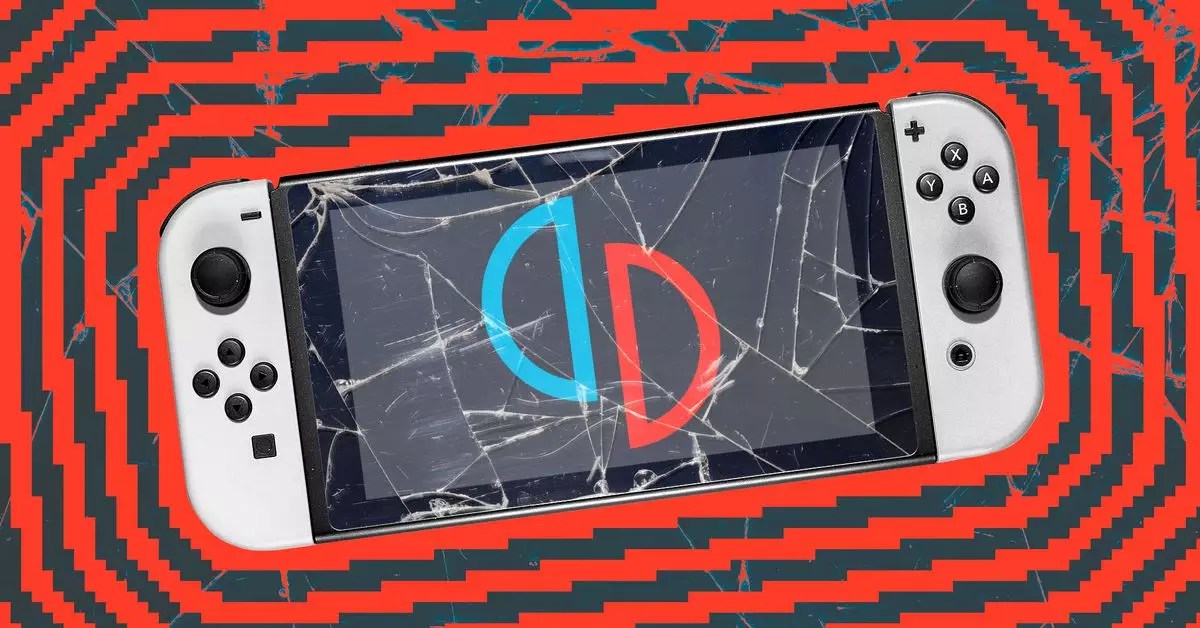The recent ban of the Nintendo Switch emulator Suyu by GitLab has sparked controversy surrounding the validity of the DMCA takedown request. While GitLab claims to have followed their standard process upon receiving the takedown notice, questions arise regarding the accuracy and legitimacy of the request. According to the DMCA guidelines, a valid takedown notice should include “Identification of the copyrighted work claimed to have been infringed,” which seems to be lacking in this case. Additionally, it is important to note that DMCA 1201, which covers circumvention of technical protection measures, is distinct from DMCA 512, which pertains to takedown requests.
The issue of whether or not GitLab should comply with the takedown request raises concerns about the platform’s policies regarding user accounts and content hosting. In this case, GitLab disabled the accounts of Suyu developers without providing them with the opportunity to delete their projects or file a DMCA counter-notice. The company’s online handbook does not specify the circumstances under which a user may be blocked or banned, which may lead to ambiguity and unfair treatment of users. While GitLab has the authority to remove content from its platform, the lack of transparency in their decision-making process raises ethical and legal questions.
The ban on Suyu and the threat of legal action from the alleged rightsholder highlight the challenges faced by emulator developers in creating and distributing software that may infringe on copyrighted material. Despite claims by Suyu that it does not include the same circumvention measures as Yuzu, the legal ambiguity surrounding emulator technology makes it difficult for developers to navigate the landscape of intellectual property rights. The decision to host or distribute emulator software comes with potential risks of facing legal action from companies like Nintendo, who have a track record of aggressively protecting their intellectual property.
The recent ban of the Nintendo Switch emulator Suyu by GitLab raises important questions about the intersection of technology, copyright law, and platform governance. The lack of clarity in the DMCA takedown request, coupled with GitLab’s opaque account suspension policies, point to the challenges faced by developers in creating and distributing emulator software. Moving forward, it is crucial for platforms like GitLab to establish clear and transparent guidelines for handling intellectual property disputes and to consider the implications of their actions on the broader developer community. Emulator developers must also be cognizant of the legal risks associated with their work and take proactive measures to protect their creations from takedown requests and legal action.


Leave a Reply